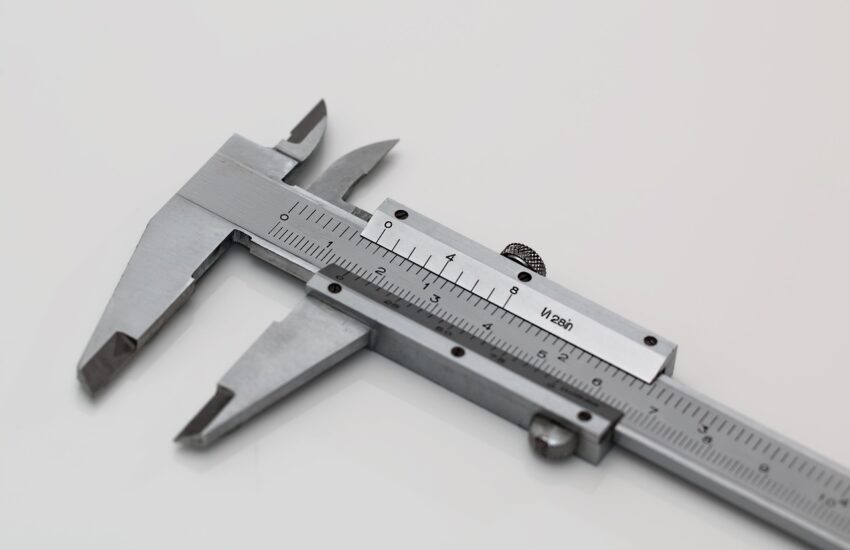In the previous post, I described how a measurement tool that records managerial activities works. Let me remind you – it measures successive states of resources (primary organizational terms) over time, which change due to processes (derivative organizational terms) initiated by the manager and his team. But the question arises: where to mount these measuring tools to capture what the manager is really doing? Laboratory conditions could only be used to a limited extent – the measurement error in relation
Continue reading




